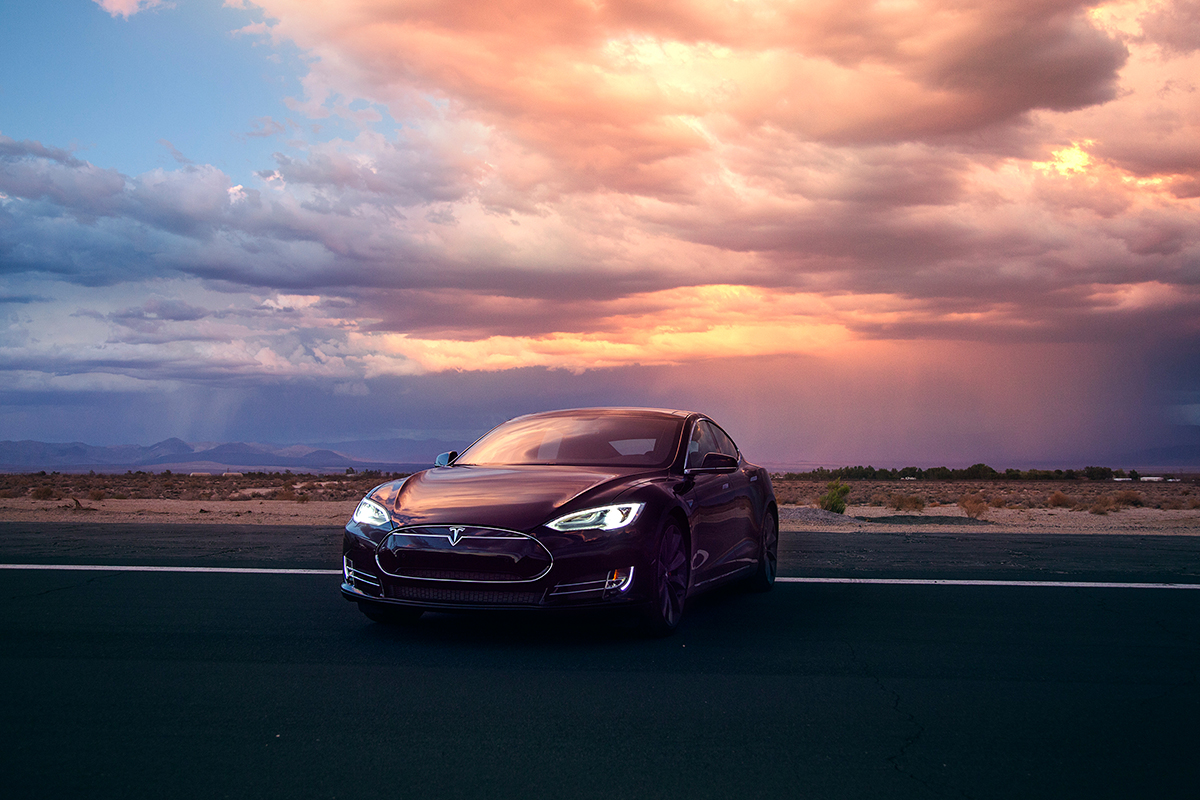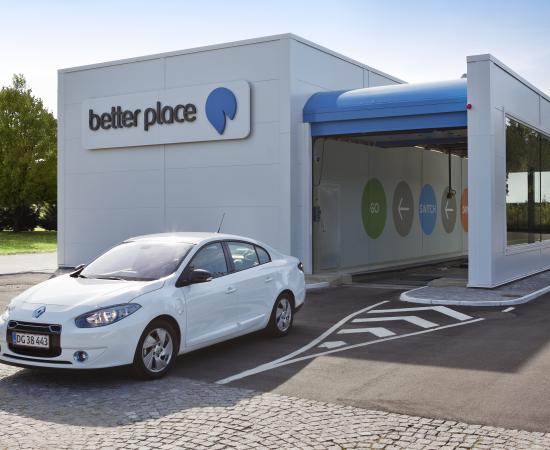New elements to the VW story shed interesting light
Submitted by brad on Mon, 2015-10-12 12:48Last week, I commented on the VW scandal and asked the question we have all wondered, "what the hell were they thinking?" Elements of an answer are starting to arise, and they are very believable and teach us interesting lessons, if true. That's because things like this are rarely fully to blame on a small group of very evil people, but are more often the result of a broad situation that pushed ordinary (but unethical) people well over the ethical line. This we must understand because frankly, it can happen to almost anybody.
The ingredients, in this model are:
- A hard driving culture of expected high performance, and doing what others thought was difficult or impossible.
- Promising the company you will deliver a hotly needed product in that culture.
- Realizing too late that you can't deliver it.
- Panic, leading to cheating as the only solution in which you survive (at least for a while.)
There's no question that VW has a culture like that. Many successful companies do, some even attribute their excellence to it. Here's a quote from the 90s from VW's leader at the time, talking about his desire for a hot new car line, and what would happen if his team told him that they could not delivery it:
"Then I will tell them they are all fired and I will bring in a new team," Piech, the grandson of Ferdinand Porsche, founder of both Porsche and Volkswagen, declared forcefully. "And if they tell me they can't do it, I will fire them, too."
Now we add a few more interesting ingredients, special to this case:
- European emissions standards and tests are terrible, and allowed diesel to grow very strong in Europe, and strong for VW in particular
- VW wanted to duplicate that success in the USA, which has much stronger emissions standards and tests
The team is asked to develop an engine that can deliver power and fuel economy for the US and other markets, and do it while meeting the emissions standards. The team (or its leader) says "yes," instead of saying, "That's really, really hard."
They get to work, and as has happened many times in many companies, they keep saying they are on track. Plans are made. Tons of new car models will depend on this engine. Massive marketing and production plans are made. Billions are bet.
And then it unravels
Not too many months before ship date, it is reported, the team working on the engine -- it is not yet known precisely who -- finally comes to a realization. They can't deliver. They certainly can't deliver on time, possibly they can actually never deliver for the price budget they have been given.
Now we see the situation in which ordinary people might be pushed over the line. If they don't deliver, the company has few choices. They might be able to put in a much more expensive engine, with all the cost such a switch would entail, and price their cars much more than they hoped, delivering them late. They could cancel all the many car models which were depending on this engine, costing billions. They could release a wimpy car that won't sell very well. In either of these cases, they are all fired, and their careers in the industry are probably over.
Or they can cheat and hope they won't get caught. They can be the heroes who delivered the magic engine, and get bonuses and rewards. 95% they don't get caught, and even if they are caught, it's worse, but not in their minds a lot worse than what they are facing. So they pretend they built the magic engine, and program it to fake that on the tests.





 This got me thinking of how the economics of charging will work in the future when electric cars and charging stations are modestly plentiful. While the national grid average is 10 cents, in many places heavy users can pay a lot more, though there are currently special deals to promote electric cars. Often the daytime cost for commercial customers is quite a bit higher, while the night is much lower. Charging stations at offices and shops will do mostly day charging; ones in homes and hotels will do night charging.
This got me thinking of how the economics of charging will work in the future when electric cars and charging stations are modestly plentiful. While the national grid average is 10 cents, in many places heavy users can pay a lot more, though there are currently special deals to promote electric cars. Often the daytime cost for commercial customers is quite a bit higher, while the night is much lower. Charging stations at offices and shops will do mostly day charging; ones in homes and hotels will do night charging.